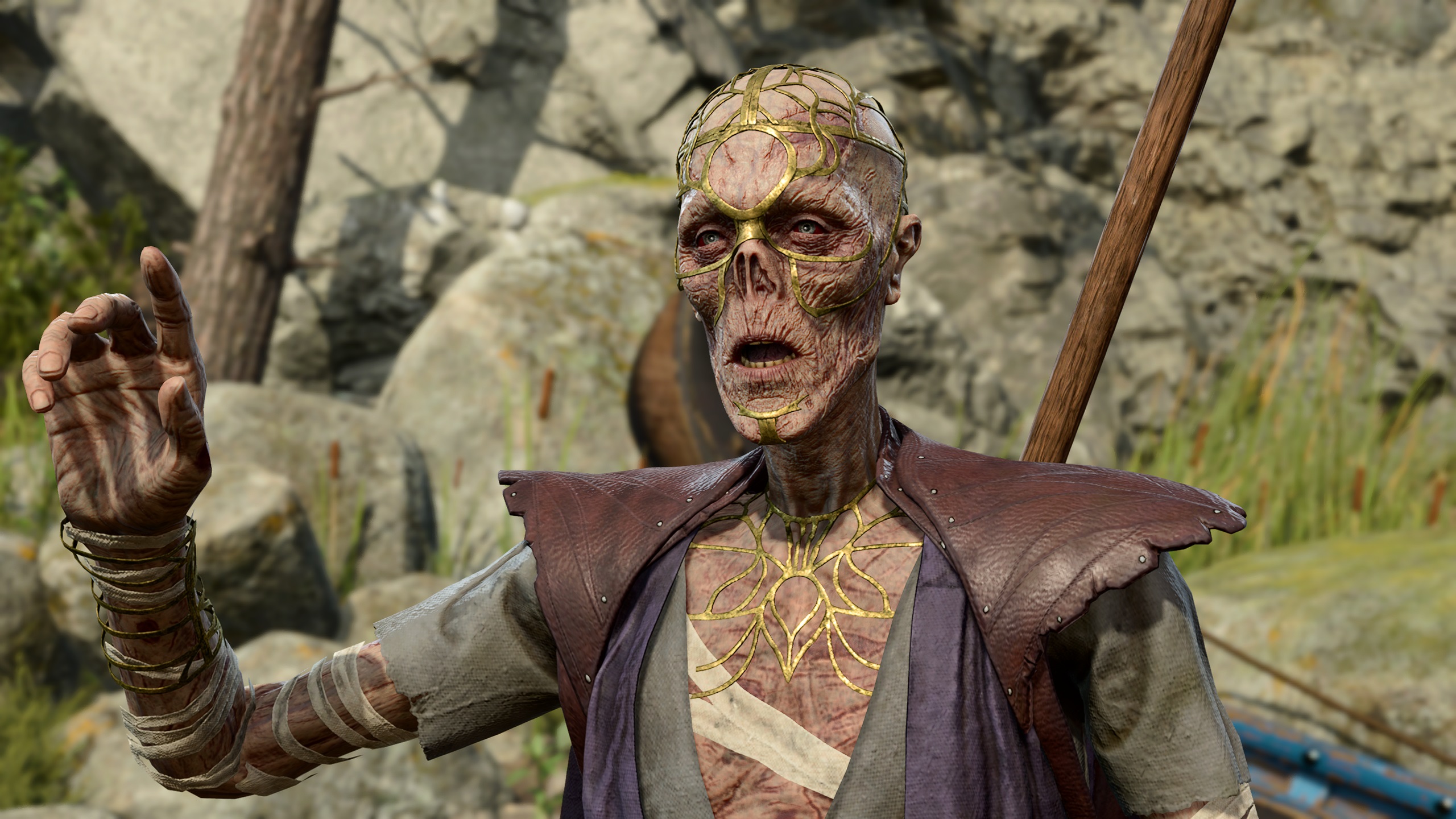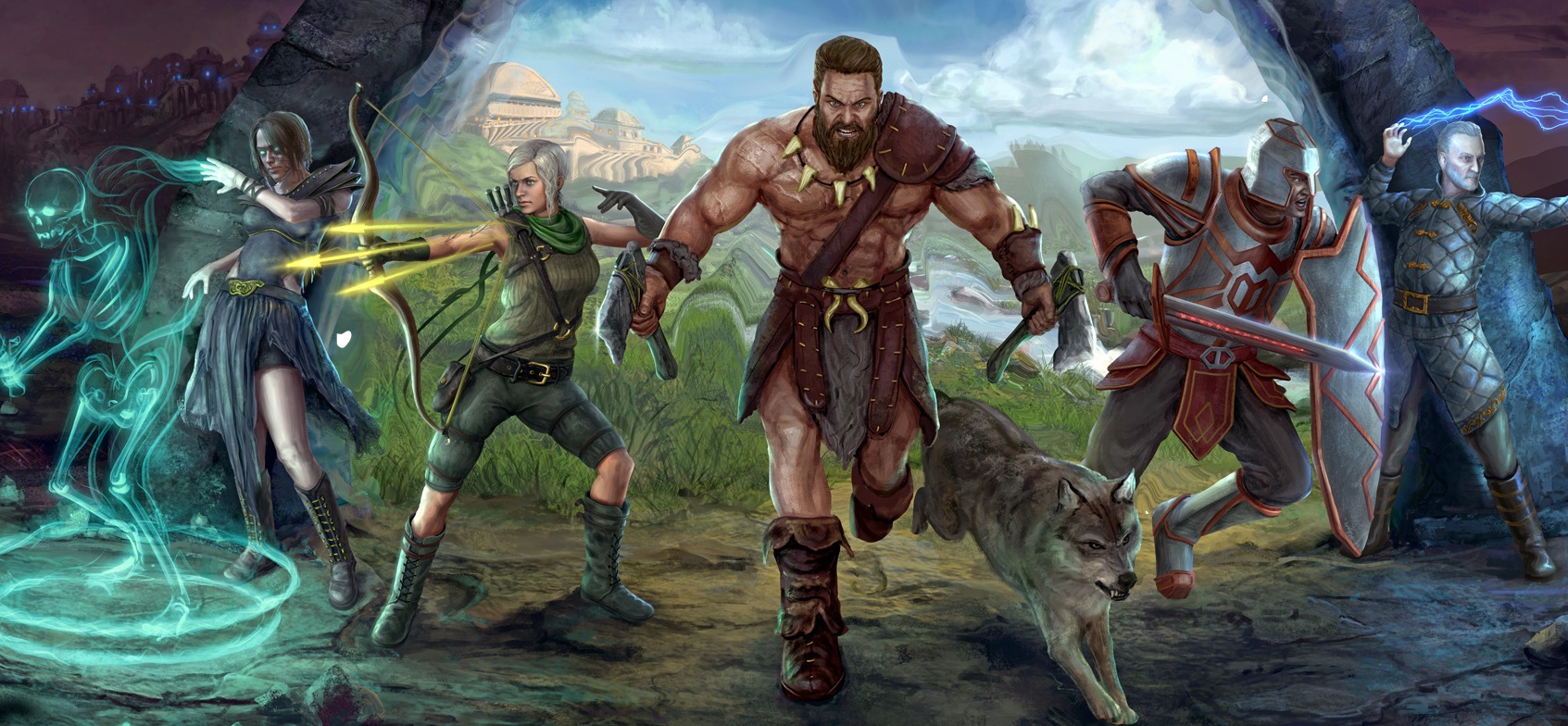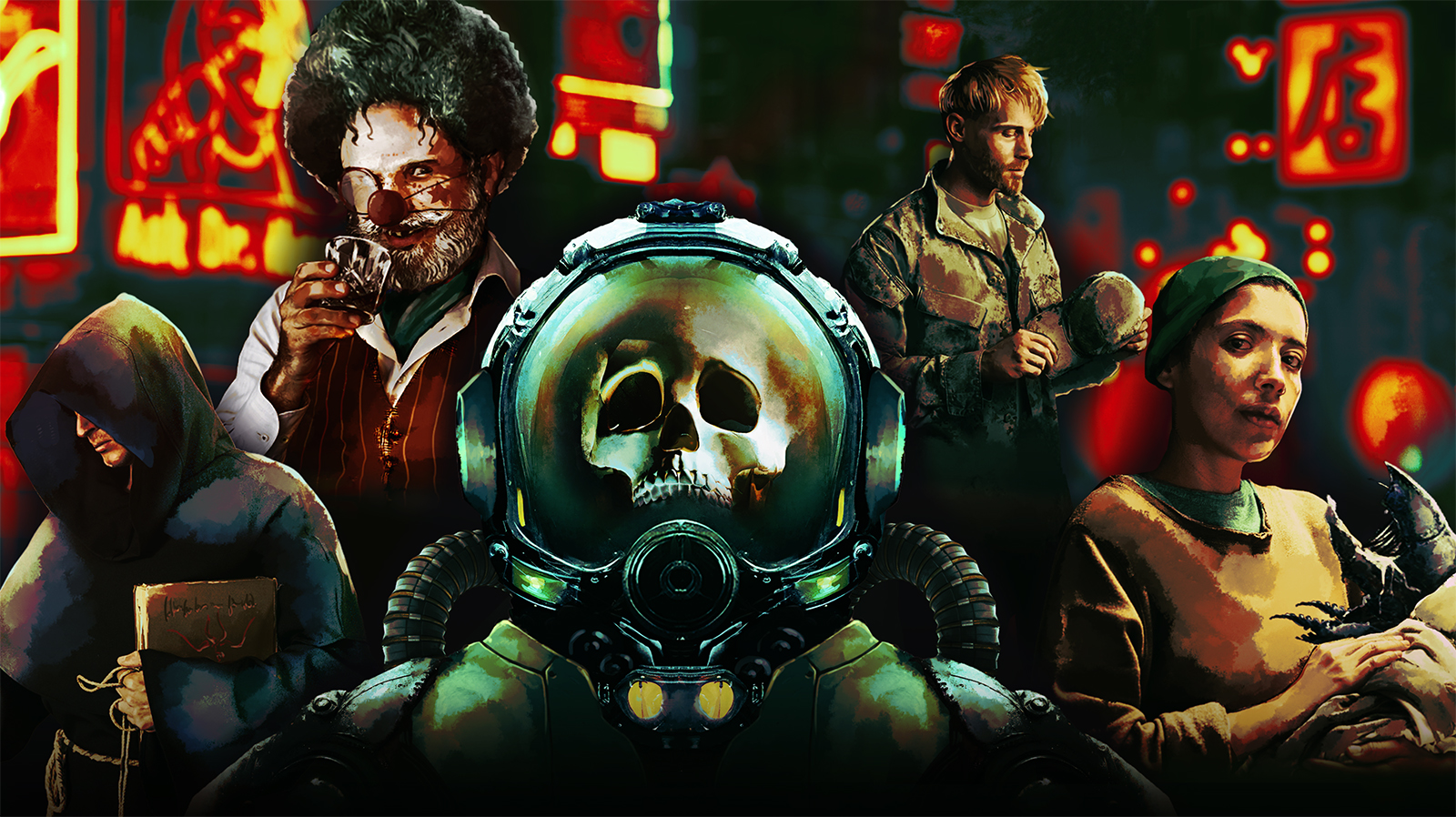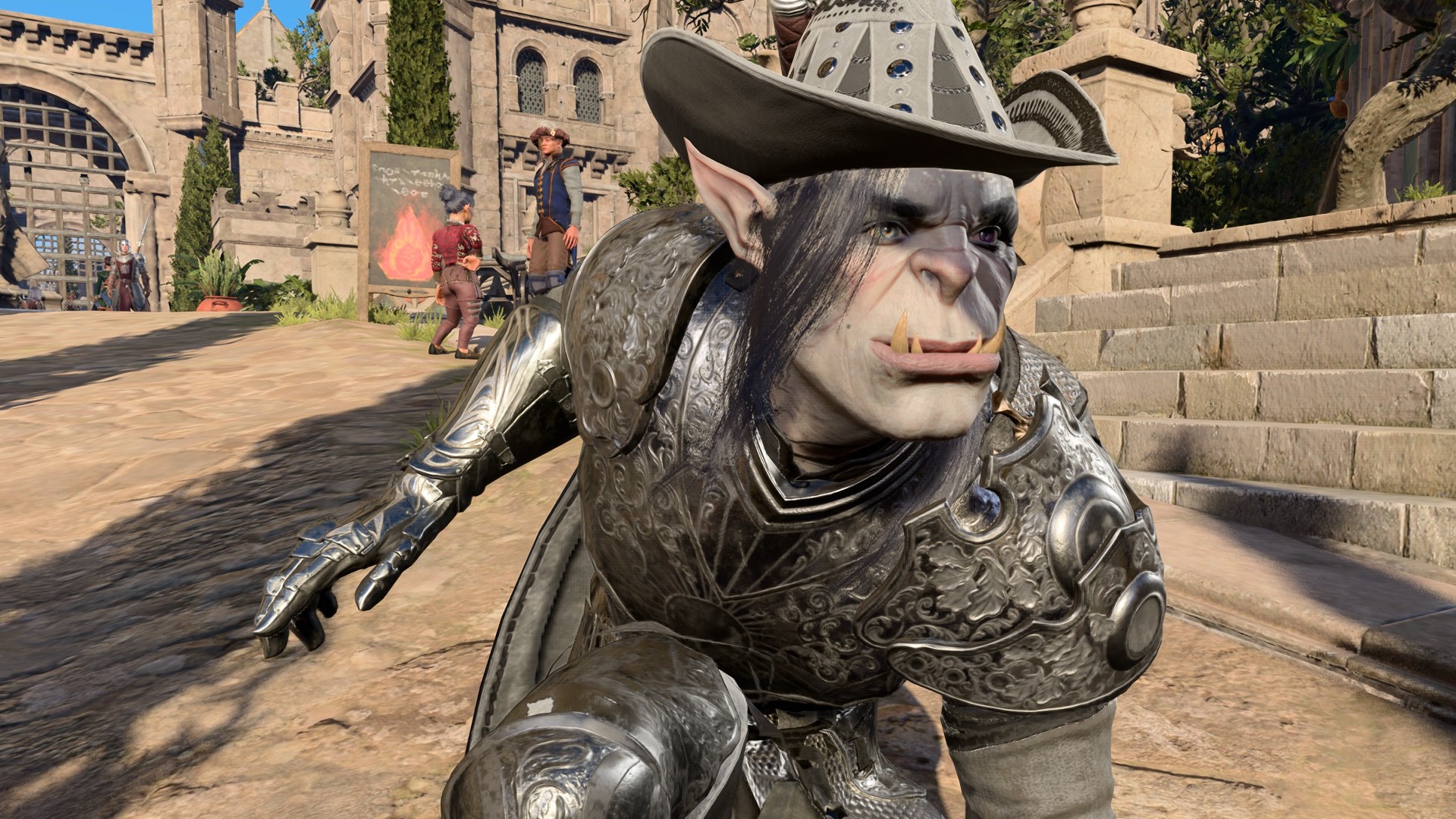This article first appeared in PC Gamer magazine issue 389 in October 2023, as part of our Secret Level series. Every month we talk to the unsung heroes of games development, and explore what makes their roles vital.
During and after university, Kirsty Gillmore studied—and had a passion for—drama; after university, she did both music and arts degrees.
A post grad in sound engineering, and then a move to the UK, followed. The rest of her storied career up until now could easily take up the whole page; but it includes directing actors and acting herself, work for the BBC, and setting up her own business. For nine years, this included directing, producing and writing other actors’ voice reels. “Over the years that I did that,” she explains, “I realised what I wanted to do was more directing.”
Fast forward to 2023, and she’s been involved in audio dramas, multiple animation projects (including for streaming giant Netflix) and, of course, several games. Modern Warfare 2, Baldur’s Gate 3, and projects currently under NDA have benefitted from her talents.
A voice director’s job is more complex than you might suspect. “To start with,” says Gillmore, “the voice director is in charge of guiding the performance; basically working with the actor, and whoever’s there from the client side, to create the best performance, the best realisation of the character. That involves interpreting the script. It involves providing context, and articulating the context in a way that is meaningful to the actor, and also gets across whatever the client wants for that particular character, that particular line.
“Some actors respond really well to emotional prompts. Some respond really well to physical prompts. There’s a lot of variation and in-between on that. I’m not there to say ‘this is my vision, you will adhere to it’. It’s more a collaboration between everybody who’s involved; creating a performance is a collaborative process, as anybody who’s worked in theatre and film will understand. In terms of the acting collaboration, it’s no different from screen or stage.”
Direct Line
(Image credit: Activision)
Many other considerations filter down to the voice director. Are they getting a sufficient number of words or lines per hour recorded? Has anything been poorly translated? Are there lines that work written down but not, it turns out, when spoken? Is time being managed sufficiently to allow for the rest of the recording sessions that day? If the actor is difficult to direct, at what point do you call a stop to the session? What do you feed back, and who do you feed it back to? It’s up to the voice director.
One reason Gillmore is able to get great performances out of actors that she works with, is that she remembers they are not tools; they are human beings. “[Another consideration is] complex or challenging material,” she explains. “I’m directing and casting a game at the moment which has a lot of material about domestic abuse in it. Is the actor safe? Do they feel comfortable? Do I need to take a break, and let them go?
“I did voice casting and direction for Modern Warfare 2, so that was a lot of shouting, essentially! I’m thinking, how is their voice sounding? Do we need to take a break now—how much can we push it? Am I getting the best effective performance from them, do I think we need to go down and do fewer takes per line? Do I need to feed back to the client that [the day’s workload] is potentially unrealistic?”
Something unique to games, and something that Gillmore regularly had to deal with while directing actors for Baldur’s Gate 3, is the potential for several contexts for the same scene. “Potentially your brother died; potentially he was rescued. Potentially you decided to leave the group of rebels you were with, potentially you didn’t—we’re going to do all those options. It’s a lot! I’m not saying that happens with every single game, but those are the things I have to consider while I’m doing it, because that is my responsibility.”











